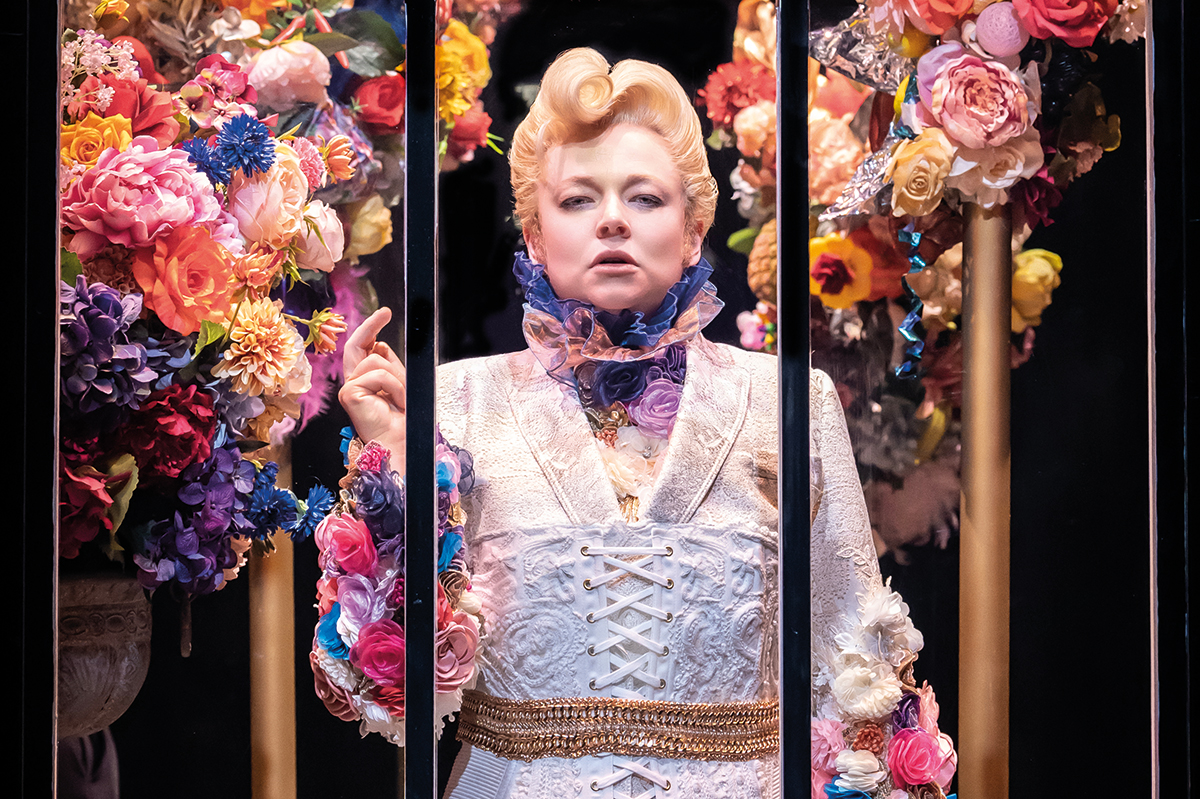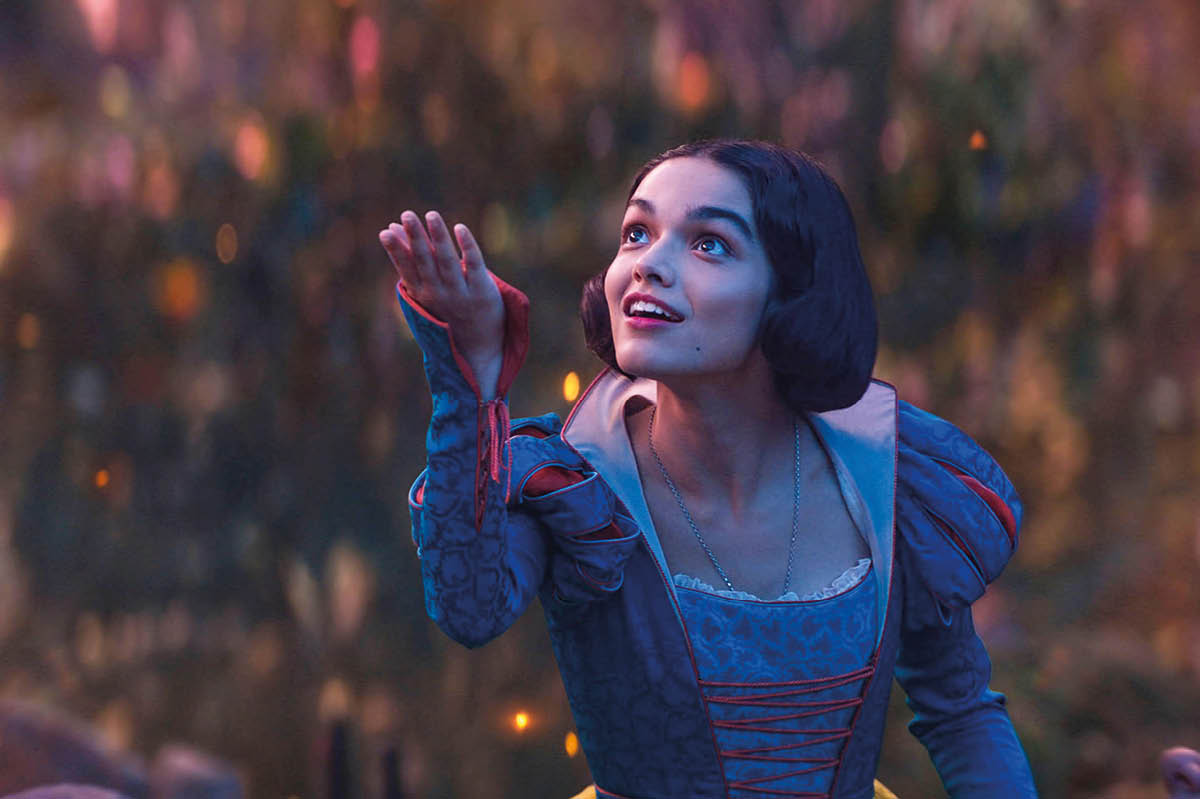Farces, satires and straight slapstick comedies about extremely wealthy people have made popular entertainment for centuries. In film, the most notable example is Jean Renoir’s The Rules of the Game (1939), in which a group of upper-middle-class French people gather at swanky events, culminating in an affair that ends in a mistaken identity shotgun death, one that will be reported to the police as “nothing more than an unfortunate accident.”
HBO’s Succession, which returns to our screens with a fourth season this week, has followed an even wealthier group of people, even more self-absorbed, distorted and cut off from the outside world than Renoir’s overzealous swingers and servants whistling past the future graveyards of Vichy. Jesse Armstrong has created an iconic family with the Roys: Brian Cox’s Logan, the dying lion; Jeremy Strong’s Kendall, the heir apparent who just can’t cut it; Sarah Snook’s Shiv, defter than her brother Kendall; Kieran Culkin’s Roman, the cocky baby brother with zero ambition; and the eldest child, Alan Ruck’s Connor, whose irrelevance to the family business is made clear without any real exposition.
What makes Succession brilliant as a television show is how much it’s able to communicate with so few words. In just three short seasons, there have already been several indelible moments: the Roy family bodyguard reassuring Kendall that no one will ever know he was in that car with that kid on ketamine, which flew off a bridge, only to have him rein Kendall in during one of his many attempted takeovers with the chillingly delivered, “I know you.” Similarly, there’s Logan backhanding Roman in the face in a fit of rage, and by the next episode telling his youngest son, “I just want you to know that’s not something I do.”
Decades of abuse, trauma, neglect and the wrecking power of largesse are expressed in Succession without flashbacks or elaboration. Who is Logan’s late sister Rose, and why is she off limits for discussion? Holly Hunter plays Rhea Jarrell, a potential saboteur-cum-gold digger at the end of season two: after some conniving by the (adult) kids, is it her toast to Rose that sours Logan on her permanently? We still don’t know why a simple toast, a misunderstanding, could destroy what looked like a promising affair.
Much of Succession is an elusive mystery wrapped inside perhaps the smartest class criticism on TV. It demonstrates why “eat the rich” has supplanted #MeToo as the genre du jour. Culture wars are ephemeral, but bank accounts are not. I don’t know how much sympathy the average person has for blacklisted Hollywood actresses — only so many people are going to get excited watching Zoe Kazan and Carey Mulligan in She Said as the New York Times reporters who took down Harvey Weinstein. But since Succession debuted in 2018, movies and television shows mocking and examining the rich have flourished, from The White Lotus to The Menu and Triangle of Sadness, which won the Palme d’Or at Cannes last year. (The dramatic implosion of FTX and the travails of Sam Bankman-Fried are probably being pitched to showrunners as this goes to press.)
But nothing so far has surpassed Succession. Not even the recent feature The Menu, directed by Succession executive producer Mark Mylod. Ironically, it’s the camera work in Mylod’s film that’s most striking; it’s Succession’s weakest point by a wide margin. I understand the mockumentary aesthetic, however corny by now, but does every other shot have to be out of focus? HBO needs better focus pullers. Then again, unlike The Menu, they don’t have Peter Deming, the man who shot Mulholland Dr., Lost Highway, Twin Peaks: The Return and Scream 2 and 3. All of these “eat the rich” films, including HBO’s widely praised White Lotus, look much better than Succession, but it’s the writing that makes that show stick. No wonder a Deadline writer’s first question for Mylod in a recent interview about The Menu was about Succession: “Do you have the season four scripts on your phone?”
He may or may not. All we know is that back in the boardroom, Tom came out on top at the end of last season, by double-crossing his wife Siobhan (the pointedly nicknamed Shiv) and her incalculably cruel siblings. Tom secured himself a trusted, high-level position in patriarch Logan’s life — unlike his real offspring, cut off after their attempted patricide in arbitrage. (With me?) We watch them well up as the modest Midwesterner moves up in the world without the begrudging help of his wife, a woman who asked if they could have an open marriage on the night of their wedding: “I’m not a hippy, Shiv.” In his response, you can read all Tom’s modesty, lack of cool, frustration, exhaustion and heartache. He may want to be wealthy, but he just wants his wife to be his wife, not a libertine.
What puts Succession over the top is its capacity to show the complexity in the fact that oppressed and abused people often do the same to those beneath them. Tom acts subservient, almost effeminate, in scenes with Logan but he treats Cousin Greg less like an errand boy and more like a monkey. When Tom finds out he’s not going to be the fall guy for a corporate scandal that would have sent him to prison, he destroys Greg’s office in a fit of adolescent ecstatic relief. and seniors and freshman in high schools across America. However much the audience cries for its characters, Succession makes sure that they’re used almost strictly as punchlines.





















